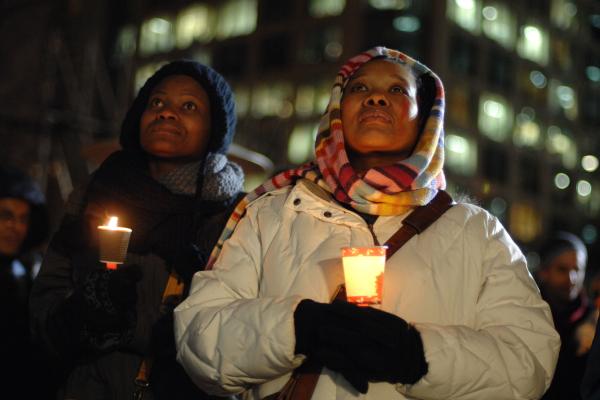Nov 21, 2016
Perhaps the most important role of the prophet is rousing us from our stupor. When we get tired, when we are weary of resisting, when we are told over and over again that this is how things are going to be, the prophet’s call is clear. God has something better for us. Something liberating. Something just. Something transformative.
Read the Full Article

Already a subscriber? Login
